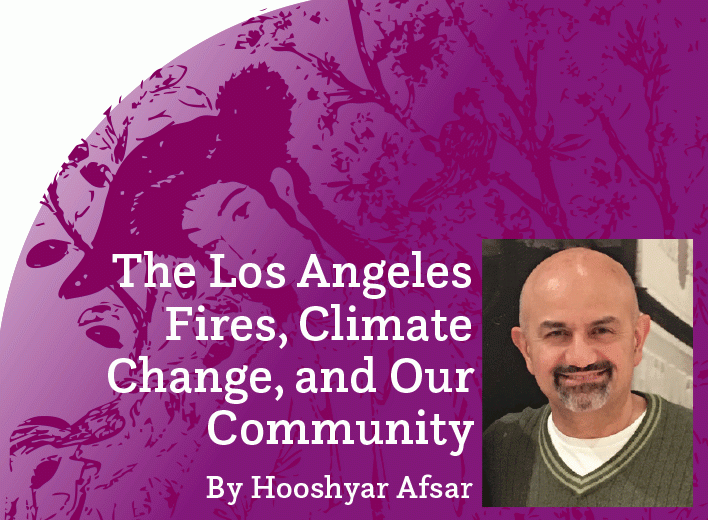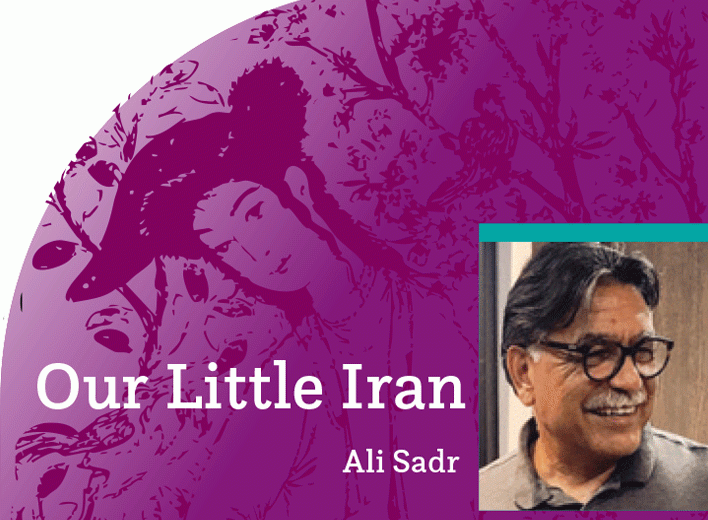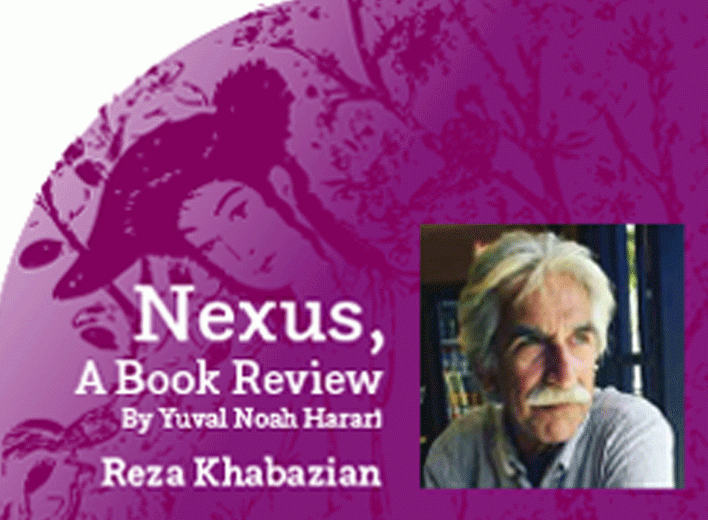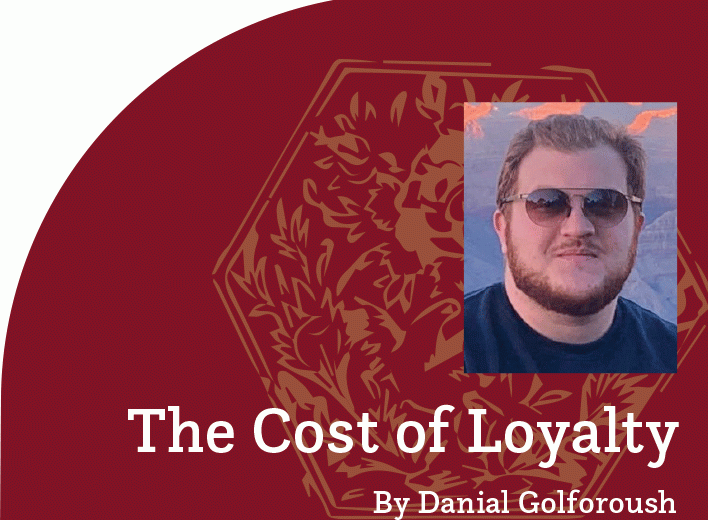By Ali Sahebalzamani
Let’s Make America America Again!
The massive oak desk squats possessively in the middle of the room, dividing the chamber into a position of power behind it and a position of supplication at its front. Its skin of lacquered black-brown shines wetly, as if a starved bloodhound has been slobbering over it nonstop for four years. A space opens up before it, made desolate in reverence to its stature. Beyond this barren expanse of naught-but-carpet, twin white sofas face each other nervously, like a pair of convicts pretending to be in deep conversation under the gaze of some cruel lawman. Behind the desk towers the high-backed chair, its leather the glistening deep crimson of freshly excised liver. This mock-humble throne has its back to the bulletproof glass of three tall windows—slabs of solid nothing, which are layered towards the ideal of impregnability and therefore do not allow the sunlight to filter into the office, painting it a sickly hospital white-yellow. The resulting scene is reminiscent of the temple of some forgotten pagan mystery cult, especially with the hierophant brooding behind the desk as he is; the high priest at his altar, or perhaps the pulpit from which his meager congregation are to be addressed. The volume of his person fills the space between the armrests of the chair to the point where it looks as though he might cause trouble when he is called to leave his seat. His elbows are on the desk with the soft digits coming together to form a hammock underneath his jowls.
In the empty area before the desk stand three men—three opaque slabs providing a negative reflection of the windows. They are clad in nearly identical suits and ties: the raiment of temple acolytes, or disciples perhaps. Tall as they are though, their postures betray nerves quivering on edge. The left one has his shoulders so high, so stiff, as though some invisible bully has raised a hand over his head, threatening to slap him across the cheek; the middle one is slithering his moist eyes around his field of vision, taking in all the details, looking at everything except the eyes of his superior; the one on the right has his heels glued to one another with rigid knees pulled up so tight that his hips are trembling inside the fine fabric of his tailor-made pants. All await the next words coming out from between that thin upper lip and the perpetually pursed bottom one, perched atop the pedestal of stubby fingers. On the other side of the bulletproof glass the country sits at the edge of its seat, lungs tensed with a breath that has been held now for over a year in dread, or anticipation.
Out there behind the bulletproof glass, a plague tears through the states as it has been doing for the past ten months. The death toll rises with the implacable footsteps one would expect from any force of nature. Lungs overflow with infection and collapse finally under the footsteps of these new legions. Negligence, like the invisible smoke of some chemical weapon, lingers in the air, searching for breath to choke, for life to snuff out. Physicians float, like white-clad ghosts, from one hospital bed to another, from one burning, sweat-soaked brow to the next. The solution is simple they say: stay away from one another, until a vaccine is manufactured. Financially, economically it can be done—it has been done, all over the world, by countries none of which claim to be the wealthiest one in the world. Yet the order for citizens to stay home comes not as an order but as a reluctant suggestion on the lips of frightened old men to whom “the economy” weighs more heavily on the scales than the lives of other humans. Some can shut themselves in, most simply cannot. “And thank god for that,” the old men say, “otherwise the economy would have tanked by now.” And of course, to them at least, this is true: if the least-paid workers were not forced to risk their lives, none of the old men would have been able to make a profit from this plague. “And thank god for that!”
Elsewhere behind the bulletproof glass, the white smoke of actual chemical weapons swims through the air of American cities. Eyes tear up before the smoke’s merciless encroachment and, through the fog, march “Agents” in the garb of soldiers, their stony eyes hidden behind cowards’ masks of shame. Agents, they are called, officers of the law, sworn to “protect and serve,” storming their own cities like the barbarian hordes overrunning the streets of Rome. Even as they are brutalized, bludgeoned, and abducted, the people stand firm; blood-shot eyes, widened with righteous indignation, stare out from above bandanas and masks over the no-man’s land and into an uncertain and, increasingly, unsalvageable future. Behind the hail of rubber bullets and the locking of riot shields and the swinging of batons the color of midnight, a precedent is being set; a new standard of sociopathic nonchalance is on its way past toleration and into acceptance.
Luckily, at this moment, it is time for America to choose once again. The options are less than ideal; a compromise, as would be expected of any proper democracy. It is imperfect but pragmatic. It is a choice between the current mode of chaotic proto-autocracy and what is promised to be at least the same as the previous mode of order. Asking people to choose an “order” that has repeatedly sold itself to interests other than theirs would have been absurd were it not against such a destructive alternative. Today, that uninspiring, stagnant status quo is looked up to as an Ideal that we need to climb back to and, from there, hopefully retrace our steps to a more certain, less violent future. In such a dire moment, inaction is inexcusable. Any American who does not vote is nevertheless casting a vote in favor of at least four more years of this country—which they claim to love—declining in power, stature, and influence under the malicious misdirection of the hierophant.


















